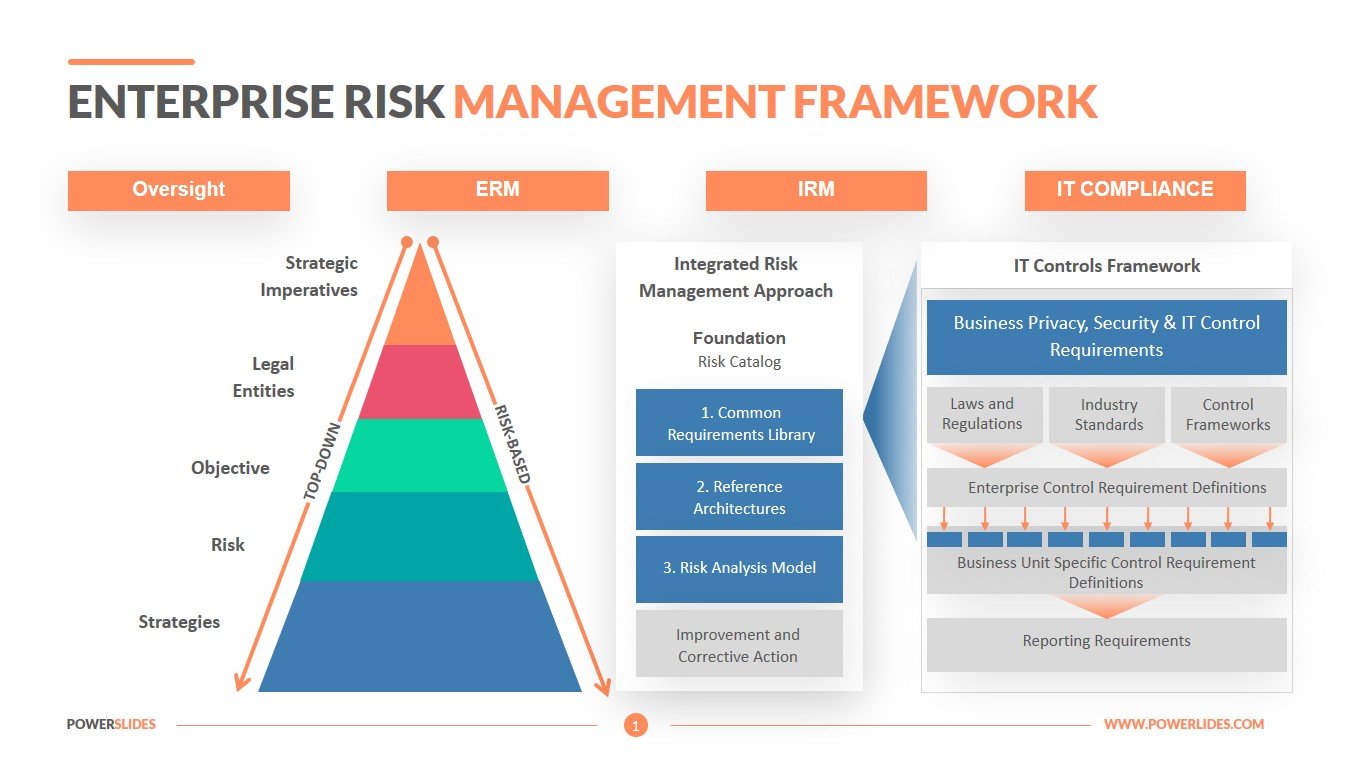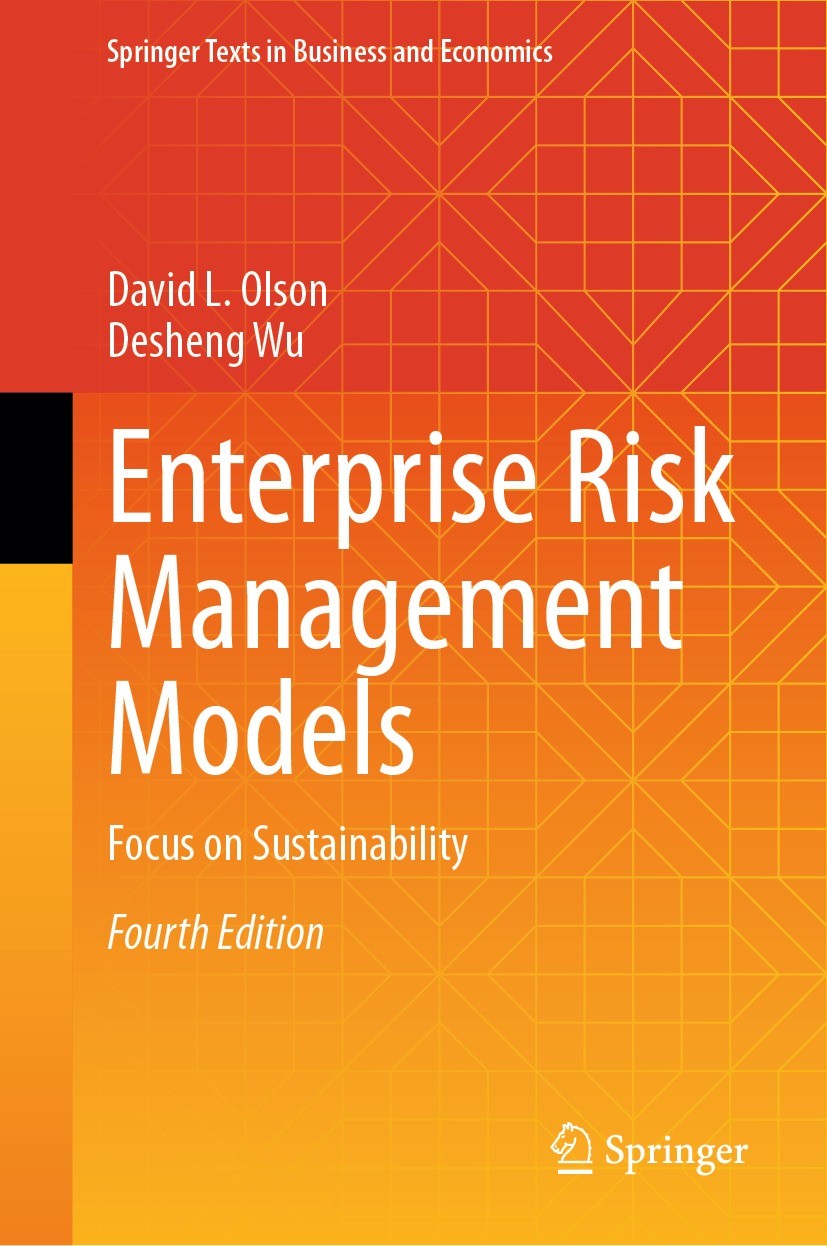Insider threats emphasize a methodical framework for safety practices
Discover the Function of AI in Promoting Ethics and Integrity to Combat Insider Threats Successfully
The assimilation of AI in organizational structures has ended up being essential in dealing with insider threats. By using advanced analytics and real-time monitoring, AI systems can determine variances from moral actions amongst workers (Insider threats). This positive strategy not just improves conformity yet also promotes a setting of trust. As companies significantly depend on these modern technologies, inquiries occur about their efficiency and potential effects for workplace society. What lies ahead in the evolution of AI's role in promoting integrity?
Understanding Insider Threats and Their Effect On Organizations
Companies often focus on exterior risks, insider threats posture a substantial danger that can threaten safety and stability. These risks arise from people within the organization, such as contractors or employees, that might misuse their accessibility to delicate information for personal gain or harmful intent. The effect of insider threats can be extreme, resulting in monetary losses, reputational damage, and lawful implications.
Variables adding to insider hazards consist of discontentment with the workplace, lack of oversight, and poor worker training on protection protocols. Organizations often struggle to recognize these risks, as they can be difficult to identify up until significant damage has taken place. Prevention approaches must concentrate on promoting a society of trust and responsibility, together with executing robust tracking and reporting systems. By acknowledging and attending to the intricacies of expert risks, organizations can boost their protection stance and safeguard their valuable possessions from internal risks.
The Advancement of AI in Office Safety And Security
As companies progressively confront varied safety and security obstacles, the combination of expert system (AI) in office safety has evolved substantially. AI applications concentrated primarily on automating basic safety procedures, such as accessibility control and security. Nonetheless, advancements in artificial intelligence and information analytics have transformed AI right into a proactive tool with the ability of determining prospective hazards and susceptabilities in real-time.
Organizations now leverage AI-driven systems to assess large quantities of data, enabling them to identify anomalous habits that may show expert hazards. This development has resulted in the growth of sophisticated formulas that can gain from historic cases, enhancing the system's anticipating abilities. Furthermore, AI devices are increasingly utilized to enhance incident feedback processes, enabling safety teams to act promptly and efficiently.
How AI Monitors Staff Member Habits for Ethical Conformity
Expert system plays a necessary function in keeping an eye on employee actions to assure moral conformity within companies. AI systems examine huge quantities of information created by staff members, consisting of interactions, transactions, and accessibility to delicate information. By using innovative formulas, these systems can recognize discrepancies from developed honest criteria and company policies.
Artificial intelligence designs continuously adjust to recognize patterns of actions that may show ethical violations, such as unauthorized data access or unusual transaction activities. Insider threats. Furthermore, AI-driven devices can supply real-time notifies to administration, assisting in prompt interventions when potential threats are found
The combination of AI into compliance tracking not just boosts the organization's capability to support honesty yet likewise cultivates a culture of liability amongst employees. By advertising transparency, AI systems function as a deterrent against dishonest habits, ensuring that employees stay lined up with business worths and moral requirements.
Examining Patterns: Identifying Risky Behavior With AI
A growing number of companies are leveraging AI to analyze patterns that may suggest dangerous actions among staff members. By using advanced algorithms, these systems can sift with large quantities of data, recognizing anomalies in user behavior that could suggest prospective insider risks. For circumstances, AI can discover unusual gain access to patterns to delicate info, such as staff members accessing documents outside their normal extent of job or during atypical hours. Additionally, behavior analytics can highlight regular modifications in an employee's interaction design or partnership practices, which may represent underlying issues. This aggressive strategy makes it possible for companies to determine danger variables before they rise into significant risks. Consequently, the combination of AI into keeping track of methods not only enhances protection yet also fosters a society of responsibility and ethical actions. By recognizing these patterns, organizations can much better understand the behavior dynamics within their workforce, ultimately promoting a much safer and much more moral workplace.
Real-Time Insights: Immediate Feedbacks to Prospective Dangers
Real-time understandings via predictive analytics and automated alert systems play a crucial function in addressing possible hazards to ethics and honesty. By leveraging these modern technologies, companies can anticipate high-risk habits and react without delay to mitigate risks. This proactive method improves responsibility and promotes a culture of stability in numerous atmospheres.
Anticipating Analytics Applications

Automated Alert Equipments
Anticipating analytics supplies a foundation for organizations to boost their responsiveness to honest issues through automated alert systems. These systems make use of real-time data to keep track of activities, detecting abnormalities that may signify possible insider threats. By leveraging artificial intelligence algorithms, automated signals can determine patterns of behavior that drift from developed norms, enabling speedy intervention. This immediacy is important in mitigating dangers linked with dishonest methods. Automated sharp systems can improve interaction among appropriate stakeholders, ensuring that prospective hazards are dealt with immediately and effectively. As organizations significantly rely on AI-driven options, the integration of automated alert systems will certainly play a crucial role in promoting a society of ethics and integrity, eventually safeguarding business possessions.
Cultivating a Society of Count On With AI-Driven Openness
AI-driven openness can greatly improve depend on within companies by advertising accountability and open interaction. Via real-time monitoring services, stakeholders can get understandings right into procedures and decision-making, promoting a society of honesty. Data-driven decision-making further supports this transparency, enabling notified options that line up with honest criteria.
Enhancing Openness and Liability
Just how can organizations efficiently foster a culture of count on? By enhancing openness and accountability through the tactical use synthetic intelligence. AI can help companies methodically track decision-making procedures, making certain that activities straighten with established ethical standards. This transparency permits staff members to see the reasoning behind plans and decisions, lowering uncertainty and promoting a sense of fairness. In addition, AI-driven devices can assist in clear communication concerning duties and expectations, empowering individuals to take possession of their actions. As accountability becomes embedded in the business culture, staff members are more probable to engage in honest behavior, recognizing their activities are kept track of and evaluated. Inevitably, this method grows an atmosphere where trust can flourish, substantially alleviating the risk of expert risks.
Real-Time Surveillance Solutions
As organizations increasingly look for to foster a society of depend on, real-time monitoring options emerge as an essential device in enhancing openness. These AI-driven systems constantly track tasks, supplying understandings into customer behavior and prospective anomalies that may show expert dangers. By executing such tracking services, companies can proactively identify threats, making sure punctual reactions to dubious activities. This not only safeguards delicate details but additionally strengthens a dedication to honest methods. The clear nature of real-time tracking aids construct employee self-confidence, as individuals are mindful that their actions are being observed for the greater good. Inevitably, these solutions offer to cultivate a workplace setting grounded in trust fund, liability, and moral integrity, necessary for reducing expert dangers properly.

Data-Driven Choice Making
Real-time monitoring services lay the foundation for data-driven decision making, which significantly boosts business transparency. By leveraging AI modern technologies, companies can assess vast quantities of data to identify anomalies and patterns a sign of possible insider hazards. This analytical strategy allows stakeholders to make educated decisions grounded in empirical proof, promoting a society of trust fund amongst staff members. Openness in decision-making processes, strengthened by AI-driven understandings, urges responsibility and moral behavior. Furthermore, it enables organizations to proactively attend to vulnerabilities, making sure read the article that activities taken are look at this web-site justified and interacted clearly. Therefore, the application of data-driven techniques not just mitigates dangers connected with insider dangers yet additionally strengthens the values of honesty and honest conduct within the business structure.
Future Patterns: The Role of AI in Enhancing Work Environment Ethics
While organizations significantly transform to expert system for operational efficiency, the capacity of AI to enhance workplace values is gaining prominence. Future fads indicate that AI will certainly play a vital function in establishing honest frameworks and guidelines, permitting organizations to navigate intricate ethical problems. By examining vast amounts of data, AI can determine patterns of underhanded habits and give understandings that advertise openness and responsibility.
In addition, AI-driven devices can facilitate real-time tracking of worker interactions, guaranteeing adherence to ethical standards. This aggressive strategy not only reduces expert dangers but likewise cultivates a society of integrity. As organizations accept AI modern technologies, they need to likewise prioritize honest programs and algorithmic predisposition reduction to assure fairness.
In this advancing landscape, the combination of AI in honest practices represents a transformative shift, fostering an atmosphere where integrity is not just expected but methodically strengthened.
Regularly Asked Concerns
How Does AI Differentiate Between Benign and Malicious Actions?
AI distinguishes in between benign and harmful activities by evaluating patterns in customer behavior, employing maker discovering algorithms to recognize abnormalities, and reviewing contextual information to figure out whether actions line up with well established standards or display possible dangers.
Can AI Devices Replace Person Judgment in Moral Decision-Making?
AI devices can not fully replace human judgment in honest decision-making. While they can assess data and determine patterns, the nuanced understanding of context, worths, and moral implications still requires human understanding and discernment.
What Are the Personal Privacy Ramifications of AI Monitoring Staff Member Actions?

Just How Can Organizations Guarantee AI Algorithms Are Ethically Developed?
Organizations can ensure AI algorithms are morally created by executing transparent development procedures, entailing varied stakeholders, conducting normal audits, and adhering to established ethical frameworks that prioritize justness, liability, and regard for customer personal privacy and rights.
What Training Is Needed for Staff to Understand Ai's Moral Duty?
Staff training must include fundamental AI ethics, data privacy, and bias recognition. Workshops, case research studies, and interactive sessions can improve understanding, ensuring workers acknowledge AI's ethical implications and its duty in fostering stability within the organization.
Artificial intelligence plays a crucial role in keeping track of employee behavior to ensure moral compliance within companies. The assimilation of AI into monitoring practices not only enhances safety however also fosters a society of liability and ethical behavior. While organizations significantly encounter honest issues and possible integrity breaches, predictive analytics applications supply prompt understandings that can help alleviate these risks. Anticipating analytics offers a structure for organizations to improve their responsiveness to moral problems via automated alert systems. Future trends indicate that my sources AI will certainly play a vital duty in developing honest structures and standards, allowing organizations to navigate complicated ethical predicaments.